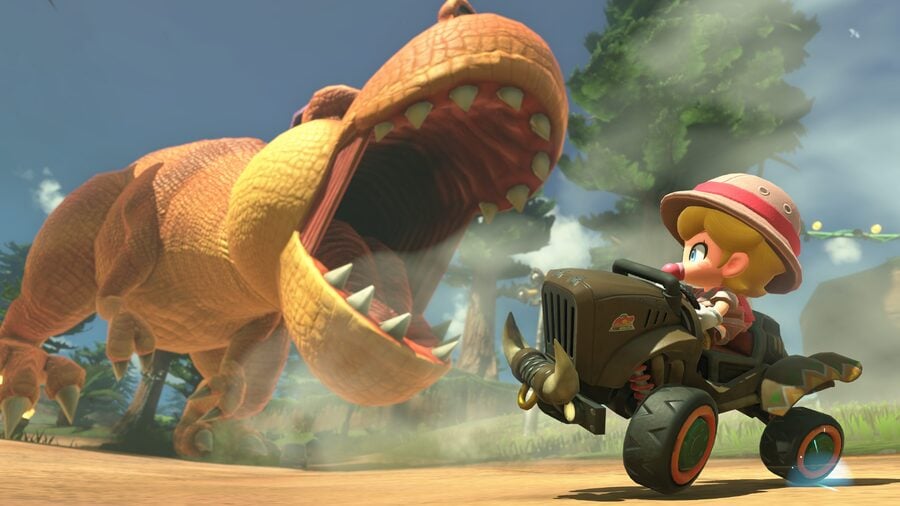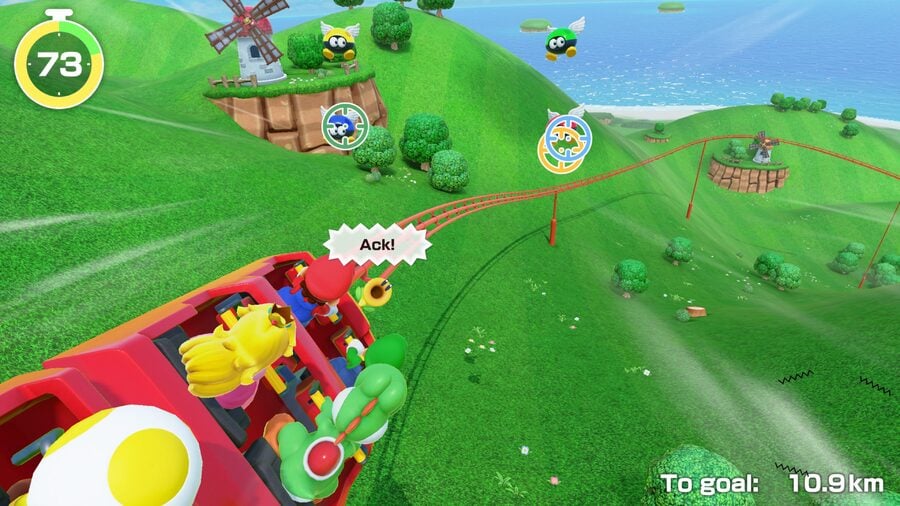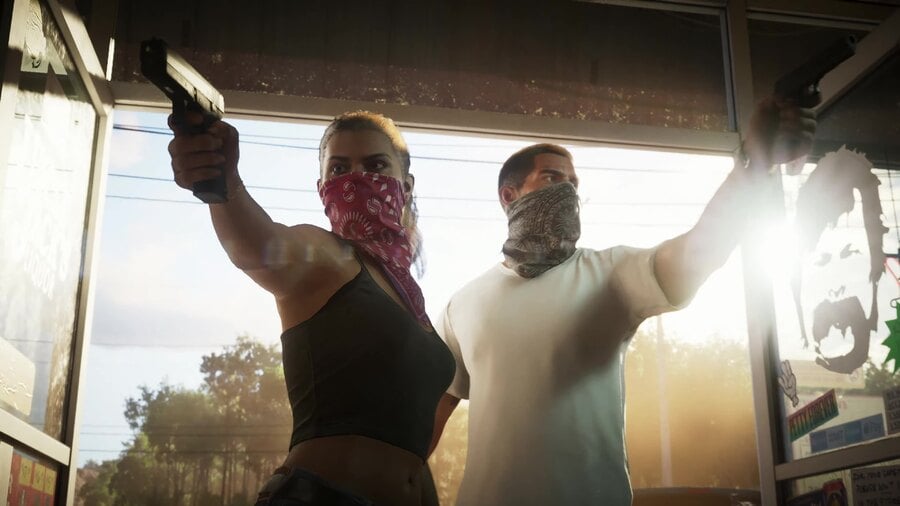In case you missed the news, Mario Kart World will retail for $79.99. In fact, so will the Nintendo Switch 2 Editions of Super Mario Party Jamboree and Kirby and the Forgotten Lands – although there will be upgrade paths for existing owners.
If you’re in Europe, you’re looking at even higher prices, with the physical versions of select games rising as high as €89.99 (~$98). And this, we hasten to add, is all prior to any impending economic issues caused by the introduction of US tariffs.
While we’ll allow our colleagues at Nintendo Life to dig into the details of what all this means specifically for the Switch 2, there are wider industry repercussions at play here.
If Nintendo is successful and sells another 67 million copies of Mario Kart World at $79.99 over the course of the generation, every other publisher, including Sony, will follow.
And that’s going to price a lot of people out.
Now, we understand there’s genuine economic context at play here. Inflation, for example, means games have generally gotten cheaper over time, as the $59.99 you paid for a PS4 game in 2013 would cost about $82.17 today. But this doesn’t take into account the stagnation of salaries over the same period.
Of course, we also appreciate games are getting increasingly expensive to make. Ex-PS Studios boss Shuhei Yoshida recently talked at length about how all of Sony’s oft-criticised remasters are required to balance out its spiralling development budgets.
But none of this makes the pill any easier to swallow.
Many people point out that games in the Super Nintendo era could cost upwards of $100, but that’s a different situation because they were often distributed on expensive cartridges, some of which included additional hardware inside. That’s simply not the case in this era of games.
There’s also an argument that games offer considerably more “bang for your buck” than other forms of entertainment, like a movie ticket. But while true, it feels like many consumers are already aware of that reality, with box office sales tumbling over the past few years.
And this is all while the industry has been quietly trying to push up prices, offering premium Early Access in an attempt to extract more dollars through FOMO. But now Nintendo’s potentially given publishers an excuse to push up the base prices as well, while they can still sprinkle expensive Deluxe Editions on top.
Our view is that the push to drive up prices is only going to trigger more industry turmoil. If we are truly entering an era of $79.99 software, then you’re going to see consumers become even more selective, and that means even fewer titles will succeed.
It’s worth noting that games don’t release in a vacuum. Free-to-play evergreens like Fortnite and Genshin Impact are taking up an increasingly large piece of the pie, and there’s an audience of players who’d rather spend their money there than on the next big budget release.
So, there are publishers who’ll be happy with Nintendo’s announcement; the higher-ups at Take-Two will likely be slapping each other on the back today as they line up GTA 6’s price. No longer will they be the ones to take the heat.
But where does it all end? We follow the financials of many of these publishers, and most of them are posting record profits, in spite of the challenging economic environments they face.
Gaming is already an expensive luxury – but at what point does it simply begin to price you out?
What are your thoughts on $80 games? Do you think they represent reasonable value for the amount of entertainment they offer in return? Or does it cross a mental and financial barrier for you? Let us know in the comments section below.



